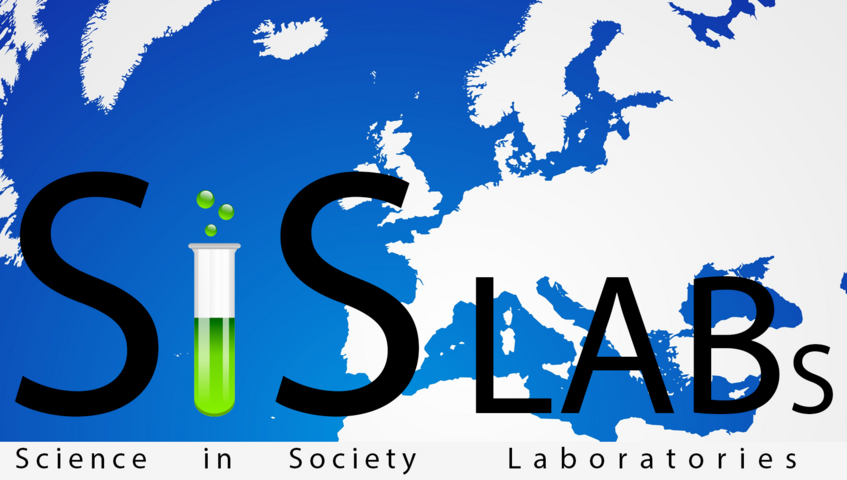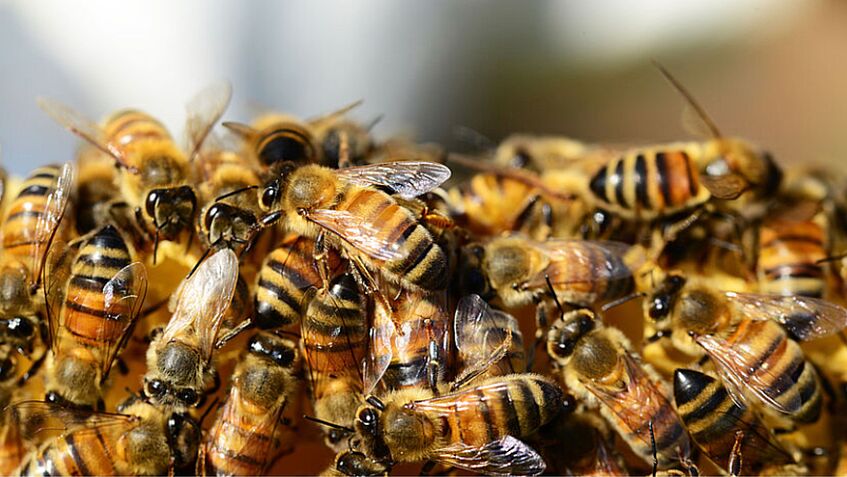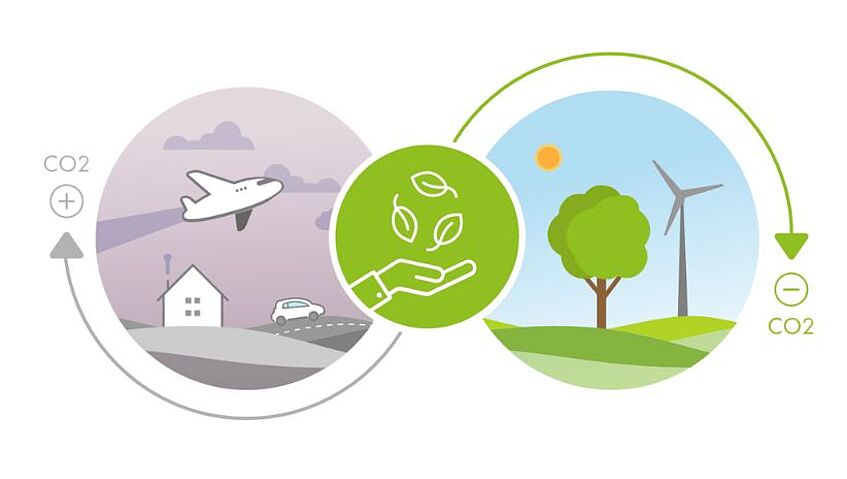Science in Society Laboratories
Seminar (10 ECTS, 3 SWS) - English language
Fredy Mora Gámez, Miller Díaz Valderrama (lecturers)
Paloeka de Koning (tutor)

Are you interested in understanding the dynamics of public controversies around science and technology related issues? Do you want to learn to analyze them in an interdisciplinary environment? And what about developing the skills necessary to engage in debates where both scientific knowledge and societal values matter?
What is this course about?
Scientific knowledge and new technologies are changing our society. On the one hand they open up new possibilities to solve societal problems. On the other hand they often raise issues that have to be widely discussed, decided and regulated. Scientists from all disciplines should be capable to participate competently in these discussions.
At the same time, there is hardly any societal debate or political decision-making process that happens without considering scientific expertise. Scientific knowledge is expected to provide orientation and to lead to better solutions. Particularly when it comes to controversial topics, what counts as relevant and reliable knowledge, which societal values should be taken into account and in what ways all of this should be included in political decisions is at stake.
The aim of this course is to develop students' skill to identify actors' positions in controversial societal debates, to systematically analyze their relationship to scientific expertise and, based on this, to develop recommendations. This is a highly valued qualification in many areas of the contemporary labor market (e.g. policy advice, science communication etc.).
This semester, we will explore the following debates:
Colony Collapse Disorder

Since the mid-2000s beekeepers across the globe observe a new and dramatic form of bee deaths (Colony Collapse Disorder). Unusually severe losses of colonies over the winter and the disappearance of worker bees diminish the bee population in many countries. Causes and consequences of this phenomenon are in the focus of an intense debate. This controversy serves as an exemplary teaching case for introducing the method of controversy mapping.
CO2 compensation

Contemporary western lifestyle is CO2-intense, especially concerning consumption or mobility practices such as flying. This proves increasingly problematic in the face of the climate crisis. Initiatives for CO2-compensation, such as rainforest offsets, or renewable energy projects, promise at least mitigation for firms and private customers. Yet, the effects of CO2 certificates on the climate, the environment and human rights, their effectiveness and how it should be measured, as well as their trustworthiness and regulation are controversially discussed.
Artifical sweeteners, e.g. Aspartame

Artificial sweeteners, such as Aspertame, are used in numerous products worldwide, and are promoted as a healthier alternative to sugar. Yet, critics point out adverse health effects. Whether and to what extent artificial sweeteners are cancerogenic, which effects they have on the human metabolism or other bodily functions, how possible risks should be measured and regulated, and how alternatives are to be assessed, is subject to ongoing controversy.
PFAS - 'Forever Chemicals'

PFAS, also referred to as the “forever chemicals" have been applied to a wide range of consumer and non-consumer products since the 1950s, from Teflon pans, over cosmetics, to firefighting foam. Due to their molecular structure, they don’t deteriorate in our environment and they accumulate in our bodies. Thus, these human-made chemicals can be found everywhere and they have been called out for their toxicological hazardous effects. Since the late 1990s, the PFAS debate has moved between lawsuits, science-making, and media to find ways to regulate chemical compounds that seem essential to our modern society.
What happens in the course?
In this course students learn - in small interdisciplinary groups - to systematically map a current debate at the intersection of science, technology and society. Step-by-step and in close interaction with the lecturers the students will learn approaches and tools to analyze debates, apply them to a specific case study and receive feedback. They will search for documents, identify positions and conduct expert interviews. They will learn to prepare the results of their analyses in various formats, to present and discuss them. The assumed goal is to advise policy makers and help them to better understand the relationship between value positions and scientific expertise in a debate.
In this seminar we will work in three groups on the debates around the described topics. We consider these debates as our “laboratory” in which the students investigate the interplay of science, technology and society. As a practical demonstration of how to map a specific problem, the Mass Bee Death of honeybees will be used by the lecturers as a guiding example. The case groups will be assigned in order to make the most of the heterogeneous backgrounds of the students.
Tutorial support is integrated into the course and will be provided throughout the semester.
This semester the course will be held in English.
What will students learn in this course?
- concepts and tools to analyze the interplay of science, technology and society
- the application of these new skills in working on specific debates at the intersection of science, technology and society
- techniques of searching for, assessing and preparing information
- techniques and forms of presentation
- thinking and collaborating in interdisciplinary spaces
- the ability to reflect on one’s own disciplinary perspective and on the responsibility of science in society
- the ability to understand and assess the entanglement of societal values and scientific expertise in the debates
How will the students be graded?
| Preparation of the readings and active participation in class | 20% | assessed individually |
| Mapping and documentation of a debate along specific work assignments (in groups) | 45% | assessed as group work |
| Writing a contribution addessed to a broader public | 20% | assessed individually |
| Keeping a lab book | 15% | assessed individually |
Attendance is compulsory, in all sessions of the seminar as well as in all compulsory tutorials.
The grading of the course is based on the separate assessment of different tasks on a scale of 1-5.
When and where will the course be held?
For schedule & venue please see u:find.
How many students can participate and how can I apply?
The course is open for 15 students. The registration has to be done via u:space within the stated period.
For which study programs can I complete the course?
The course can be completed for modules in different study programs.
- In the master programs Chemistry and Biological Chemistry it can be completed in the “Free Elective Modules”, and in the master program Chemistry & Technology of Materials in the „Elective Modul“. Please note: as part of the '(free) elective modules' in your studies, only one of the two labs (Science Communication OR Science in Society) is creditable per person, not both. In case of questions concerning one of the three master programs of SPL 27, please contact the study program director.
- In the master program Development Studies, the 10 ETCS can be completed in the “Vertiefungsmodul 9 (VM9)”.
- In the master program, Earth Sciences 10 ECTS will be approved in “Individual Electives” (MA-ERD-17.0).
- In the English-language Master's program Environmental Sciences, the course is creditable within the module “Environmental System Laboratories” (MES-3, 3.9).
- In the master program in Communication Science and Journalism Studies, the 10 ECTS can be completed within the VERIN module (Individual Specialization).
- In the master's programs Molecular Biology (Molecular Biology; Genetics and Developmental Biology; Molecular Microbiology, Microbial Ecology and Immunobiology) the 10 ECTS credit points can be completed in the Elective Module Additional Scientific Qualifications for Biologists (=WZB) without the need for further inquiry with the study program director. For recognitions beyond that, please get in contact with the study program director.
- In the master's program Nutritional Sciences the 10 ECTS credit points can be completed for Module "WPGI Elective Subjects: Individual Specialisation: Public Health Nutrition (compulsory module) (15 ECTS)", for further recognition please contact the study program director.
- In the masters program Physics, a credit of up to 5 ECTS can be applied for within the framework of the supplementary module M-ERG.
- In the master program in Political Science, you can complete the course for “M12 Wahlbereich”.
- In the master program Social and Cultural Anthropology, you can complete the course for the module “Interessensmodul”.
- In the master's program Sociology, you can complete the course for the modules: 'MA F - Forschungsspezialisierung: Wissenschaftsforschung', or 'MA F - Forschungsspezialisierung: Kultur und Gesellschaft'.
If you have further questions, please contact the respective study program director.
